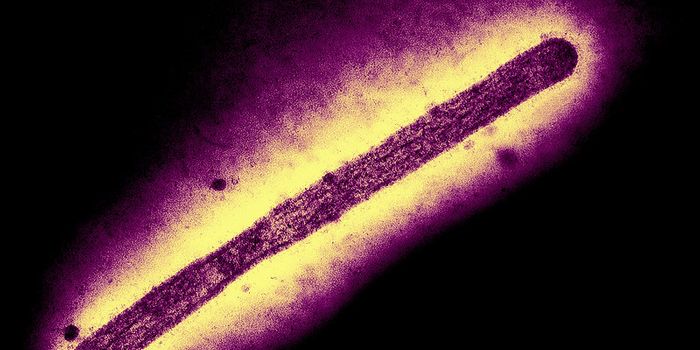Monocyte Diversity Vital for Personalized Cancer Immunotherapy
Plucking monocytes out of the human bloodstream is one approach to creating personalized cancer treatments, but this immunotherapy approach hasn’t been as successful as scientists hoped it would be. After learning more about monocytes in a new study from the University of Bonn, scientists and their collaborators learn that these cells are much more diverse than they realized.
Monocytes are circulating white blood cells of the immune system that are made in the bone marrow before they enter the bloodstream and eventually differentiate into the so-called antigen-presenting cells of the immune system: macrophages, phagocytic immune cells, or dendritic cells.
In the past, scientists have extracted monocytes from the blood of cancer patients to use for immunotherapy, creating monocyte-derived dendritic cells (moDCs) to activate the immune system against tumor cells. However, this therapy approach is rarely effective - why? Can it be made more effective?
The new study, published in the journal Immunity, helped scientists realize that moDCs are not identical descendents of dendritic cells; instead, they are actually quite diverse. To analyze moDCs in their new study, scientists isolated monocytes from human blood samples and transformed the cells into different types of antigen-presenting cells.
"Using state-of-the-art computer-assisted models, we were able to show that moDCs differ from dendritic cells and present a mixture of cells with very diverse properties and functions,” explained lead author Jil Sander.
The variety of moDCs likely explains why cancer immunotherapy based on these cells works in so few patients. However, researchers believe that the moDCs could be altered to fit individual cases of cancer, enhancing the immunotherapy’s success rate.
"MoDCs have an extraordinarily large plasticity, enabling them to tailor their response to pathogens, tumors or endogenous danger signals,” explained second lead author Dr. Susanne V. Schmidt. “This ability is fine-tuned by specific gene regulation.”
Sources: PubMed Health, University of Bonn









